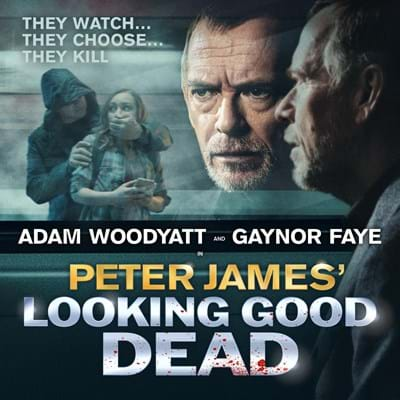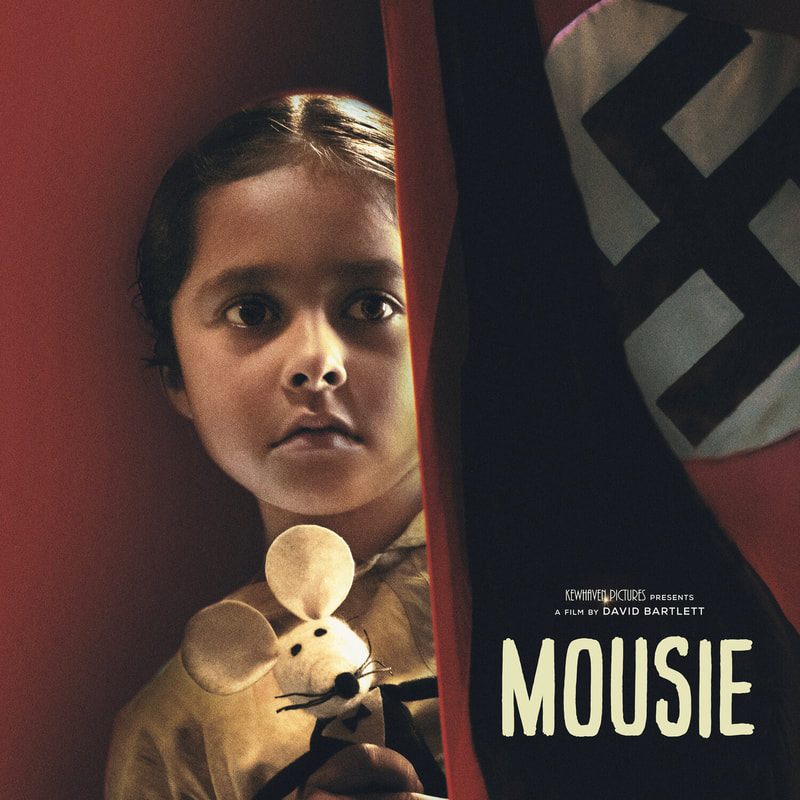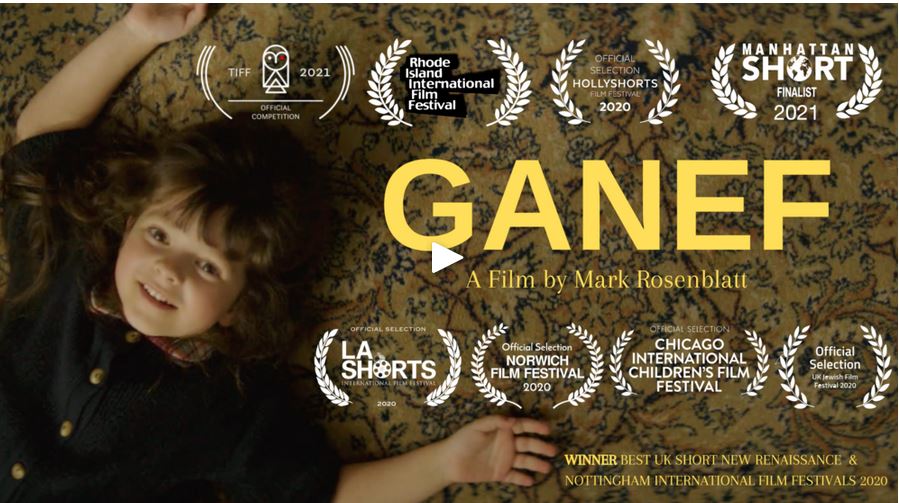|
Looking Good Dead is at The King’s Theatre Edinburgh from Tuesday 05 Oct to Saturday 09 Oct, and this stage adaption and production of the Peter James book (published 2006) featuring DSI Roy Grace (Harry Long) and DS Glenn Branson (Leon Stewart) is obviously one for the many followers of this now classic crime book series.
This show has some very experienced cast members, and our two main characters in this story Tom Bryce and Kellie Bryce are played by Adam Woodyatt and Gaynor Faye, and their depth of understanding of the craft of acting is what gives this production its anchor points. Together, they are also the perfect couple to give their on-stage son Max (Luke Ward-Wilkinson) the chance to work within the on-stage world that their combined experience can create. Looking Good Dead, however, has some in-built problems that even Peter James and his skilled team of experienced actors, creative and production teams (including director Jonathan O’Boyle and stage adaptation by Shaun Mckenna) cannot overcome. That problem appears to be the necessary constraints of time to tell a story in a stage production. This one perhaps has an even more acute problem here as the performance time is roughly two acts of one hour each. Taking any novel to the stage is always going to be a work of many compromises and although the first act has some fine performances by Adam Woodyatt and Gaynor Faye as the severely under stress couple, the time spent establishing their characters and their domestic and financial background leaves so little time for the main crime drama that it simply feels rushed and over simplified. This in turn leads to too many unanswered “whys and hows” in the second half of a story that already is becoming a little predictable in its outcome, well to me anyhow, and I have not even read the book. Some of the later scenes are also stretching the bounds of believability a little far as the compression of what originally has to be a far more complex story starts to show. None of this is helped by the cold aloofness, and almost personal detachment of DCI Roy Grace from the plight of victims of this story (maybe that is how murder investigation DCIs survive their job?), and I have to assume that this is how the character is directed here as Harry Long has the performance skills to play any type of character that he wants. This story has obviously been updated for our digital age, and Looking Good Dead has more than a few plot twists and misdirections (as you would expect) when some of the darker sides of the internet are explored here, with security and privacy being touched upon, and all of this is relevant within the context of the daily lives of the Bryce family, but overall, once we step out of the normality of daily life into this disturbing alternative world, everything is still too light and comfortable. The true power of Looking Good Dead is, however, the dark side of what some people will pay to view on the internet, and what is truly chilling here is both what that content can be and the apparent ease of availability of it. This of course takes us back to the core of this story and what I am missing from it; that feeling of the sheer terror of what it must feel like to be an unwilling participant in this dark corner of this particular pay-for-view digital world. Review by Tom King (c) 2021 ARTS REVIEWS EDINBURGH Mousie is a short film (just under 17 minutes) from Writer/Director David Bartlett and Producer Will Poole which tells the story of a young Roma girl Helene (SASHA WATSON-LOBO) forced to take refuge in a Berlin Cabaret Club in 1936. Alone, frightened, and not fully comprehending the danger that she is in, Helene is protected as far as possible by Katharina, a performer in the club who promised Helene’s Roma mother that she would try to keep her child safe from the concentration camps. Hiding a child who does not want to stay hidden is difficult for Katharina, and trying to elude the clumsy advances of army recruit Otto (JACK BENNETT) adds to her problems.
Dreams of a new life in America are woven here for Helene by Katharina, but reality is always far more pressing, and much-loved toy, Mousie, becomes the focus of Helene’s world, a sole link to the safety and comfort of a family that she once knew, and cannot understand why it is not there now and why people she loves are not now with her. There are some delicate, but strong performances here from our main cast and the air of decay of the cabaret club and the inability of anyone around to do much more than cope with their own daily struggle of just getting by is well portrayed by the rest of our cast. This an almost dream like quality here to the cinematographer Paul Kirstop, and our ending is one of almost pure fantasy that only a child would think of to elude a threat of real danger. The at times elusive quality of fantasy coupled with the harsh reality of Helene’s dire predicament makes you at times wonder if any if this ever really happened. In what aspect of what we call reality could a child have committed a crime by just being born Roma? Such a world is almost itself a fantasy beyond our comprehension. This world did exist though, and there are many un-named Helene’s who paid a price they should never have been asked to pay for simply existing. This film is a reminder of how vigilant we all have to be to ensure that history is never allowed to repeat itself. Having already been successful at some major film festivals around the world, Mousie is now eligible to be considered for an Academy Award. Full Cast List SASHA WATSON-LOBO as Helene CJ JOHNSON as Katharina JACK BENNETT as Otto JOSHUA LAY as The Red Devil NICHOLE BIRD as Gertrud SOMI DE SOUZA as Mama Zehala NIGEL COOKE as Kauz ROBERT GILL as Theo Mousie was made in support of refugee charity The Separated Child Foundation (Reg’d Charity no. 1120669) Review by Tom King (c) 2021 ARTS REVIEWS EDINBURGH Ganef is a beautifully filmed and delicately observed short film (14 minutes) written and directed by Mark Rosenblatt and set in early 1960s London. Inadvertently, the obviously very comfortable world of a young girl Ruthie (Izabella Dziewanska) and the playful friendship that she has with Lynn, the cleaner of her parents’ house (Sophie McShera), is shattered when her mother (Mrs Hirth played by Lydia Wilson ), perhaps a little too tired in the afternoon, gives her a glimpse into her wartime past and the warnings of a ganef (thief) being around.
The literal interpretation that a child can have is the catalyst for events unfolding that make Ruthie believe that her “play-friend” and her mother’s house cleaner Lynn is now a dreaded “ganef”. This has to be true; she has seen it with her own eyes. What makes this film interesting is not what is said, but what is not said. Much of the history of those wartime years is in the visual details of this film, inviting the viewer to watch carefully, and Lynn’s reserved and almost silent reaction to Ruthie in the aftermath of the accusations made by the child against her tell more than any script could tell. Like all well written films, there are two stories here. The obvious story of survivors of wartime horrors is one, but the speed with which the trust that a child has in someone so easily turns to fear is just as powerful story. There are no weak performances here, Izabella Dziewanska is perfectly cast as Ruthie and Downton Abbey’s Sophie McShera more than earns her star status in this film. Having already been successful in many film festivals this film was also a Finalist at the 2021 Manhattan Short Film Festival, making it eligible to be considered for a 2022 Oscar. Full Cast Lydia Wilson, Sophie McShera, Izabella Dziewanska, Danny Scheinmann. Review by Tom King (c) 2021 ARTS REVIEWS EDINBURGH |
AuthorWrite something about yourself. No need to be fancy, just an overview. Archives
December 2021
Categories |




 RSS Feed
RSS Feed